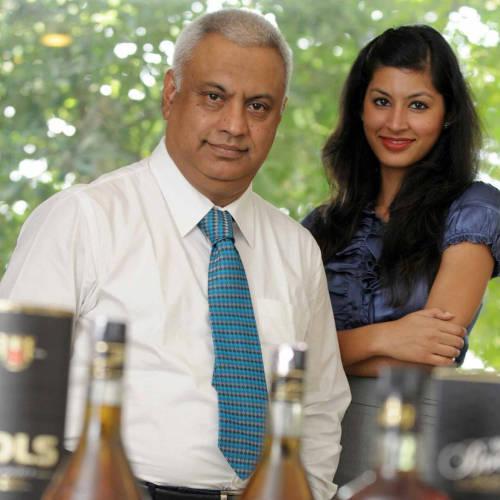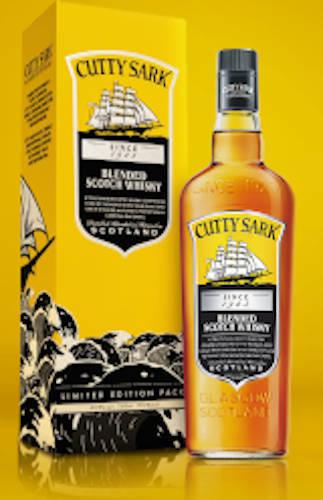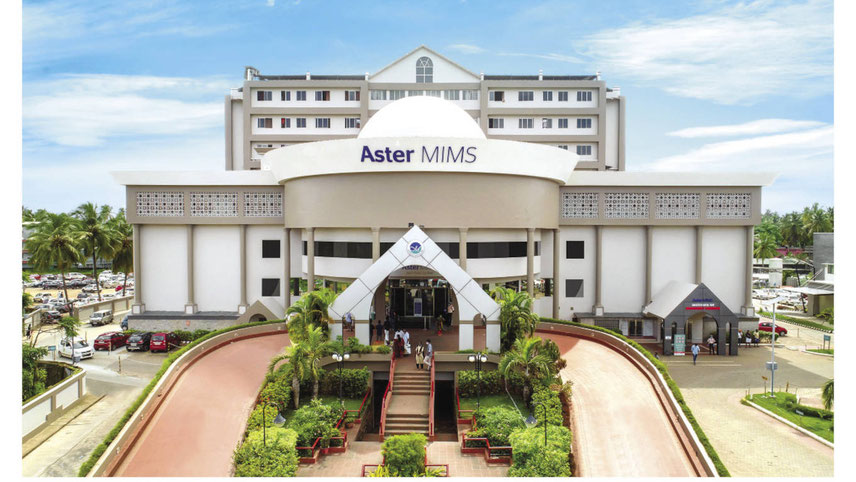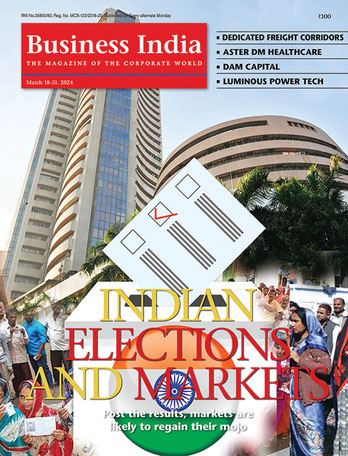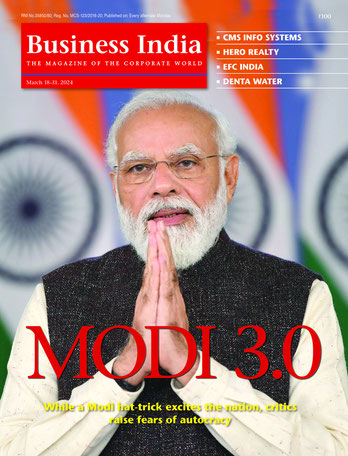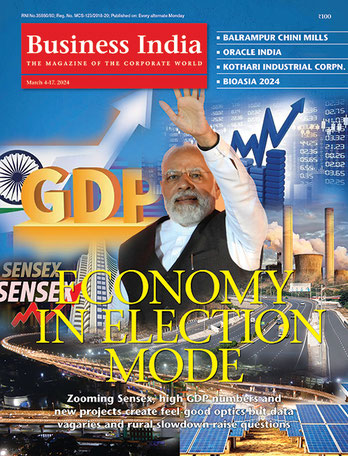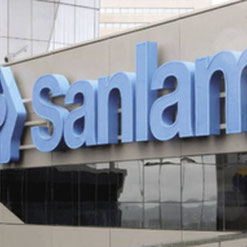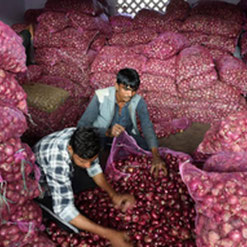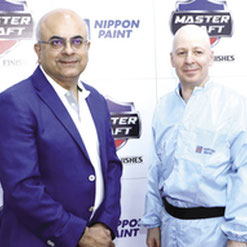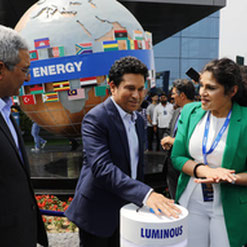One of the indelible images of the lockdowns over the past year and a half was the rush at liquor stores as soon as lockdowns were lifted! Whether as coping aids or more leisure time at hand, consuming alcohol at home has become a far more established trend than ever before – one of the many sideshows of Covid-19. “The pandemic and subsequent lockdowns along with social distancing norms led to a 35-40 per cent fall in the business with a 15 per cent decline in consumption, globally," says Pushpanjali Banerji, brand director, Kyndal group. “Before Covid-19, only a third of people, who consume mixed drinks in pubs and bars, did so at home, but the national lockdown saw that figure rise to half, especially with young adults. Customers are looking up to brands, bar-tenders and influencers, to help them create personalised cocktails to impress friends and family and to have self-reward moments at home with available ingredients.” She points out that the alco-bev segment has seen a spike in-home delivery to ‘do-it-yourself’ (DIY) cocktail packs. However, the pandemic and subsequent lockdowns led to a 15 per cent decline in consumption globally, leading to a 35-40 per cent fall in revenues. In India, the lockdown in 2020 led to a 12 per cent fall in sales of Indian made foreign liquor (IMFL), industry body Confederation of Indian Alcoholic Beverage Companies (CIABC) said in May. High on hope Industry insiders are hoping it’s a blip. As liquor consumption in India has risen rapidly in recent years, many global brands are seeking a slice of this fast-growing pie with increased attention to growing the Indian market. From greater supplies to more attention-grabbing displays, creating awareness about different brands via appreciation sessions, bringing brand ambassadors to India, collaborating for events – Indians are being courted by brands as never before. India is the world’s ninth-largest consumer of all alcohol by volume, according to IWSR Drinks Market Analysis and the second largest consumer of ‘spirits’, which includes whiskey, vodka, gin, rum and tequila. The India alcohol market was valued at Rs2.8 billion in 2018 and anticipated to reach Rs5.4 billion by the end of 2027, growing at a CAGR of 7.8 per cent, according to Coherent Markets Insight report. The rapid rise in urban population and disposable incomes of a sizable middle-class are significant reasons behind the increase in alcohol consumption in India, points out Banerji. “With exposure to global brands now more than ever, Indian customers represent an interesting segment for the alco-bev industry. Consumers’ ability to broaden their horizons, because of increased affluence, experimentation, and global visibility, has resulted in an increase in demand for spirits in categories of whiskeys and brandy wherein consumers are looking for more cultivated options.” According to Banerji, the consumers are now being driven by a sense of exploration. “Tastes change increasingly in subtle shifts, which are reflective of different waves of categories becoming popular at certain periods. What helps in enveloping more people into trying out new products is effective communication with them via different marketing channels. Companies also need to understand the versatility of their audiences, to pre-empt and cater to their changing needs.”
-
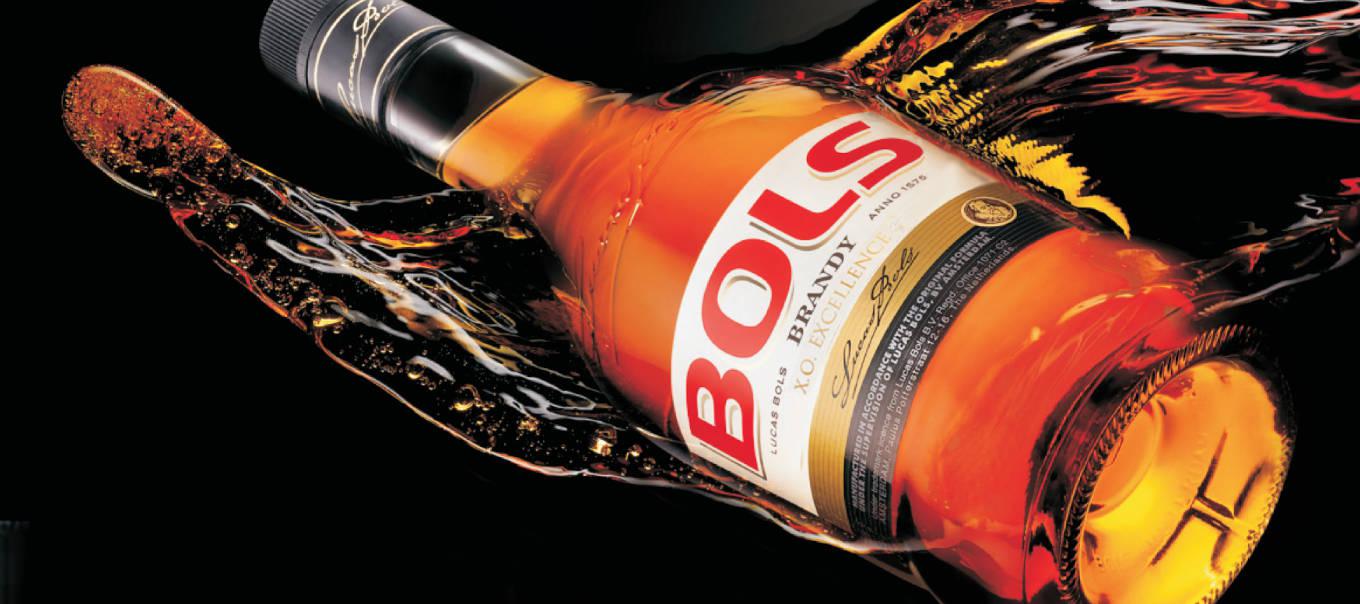
Alcoholic beverages are considered a sunrise industry owing to their high-growth potential and increasing social acceptance









